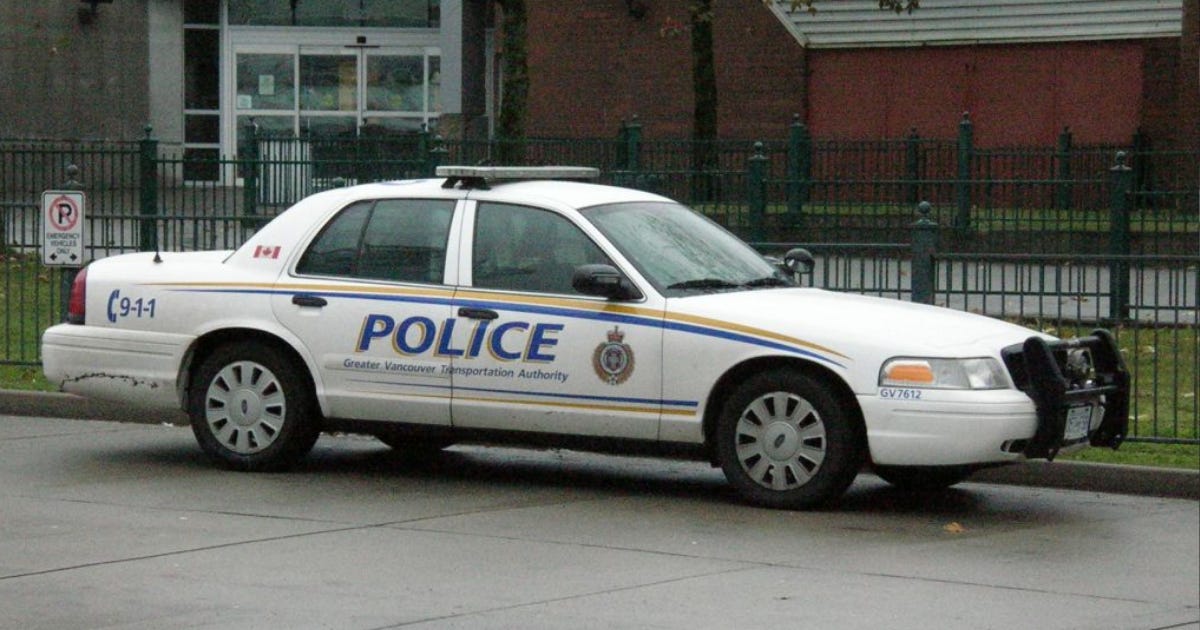Kelowna RCMP chief decries weak bail laws after woman’s preventable murder
Kelowna's top RCMP officer is demanding justice system reform after a woman's killing, citing "significant concerns" over catch-and-release bail laws that he says have shaken the Okanagan community.
Kelowna's top RCMP officer is demanding justice system reform after a woman's killing, citing "significant concerns" over catch-and-release bail laws that he says have shaken the Okanagan community.
When pressed by a reporter for his feelings on Canada’s “catch-and-release” criminal justice system, RCMP Supt. Chris Goebel said in a recent interview that he had “significant concerns” noting “a significant issue with repeat offenders.”
Goebel called the death of 28-year-old Bailey McCourt an “absolute tragedy” that demonstrates serious gaps in how domestic violence cases are handled.
“This is something that shakes people to the core,” Goebel said. “If we followed the appropriate steps and this was still able to happen, then there’s an issue with a system, and something needs to change.”
McCourt, a mother of two, was fatally attacked in a Kelowna parking lot on July 4. A friend was also injured. Her estranged husband, James Plover, has been charged with second-degree murder.
Earlier that day, Plover had been convicted of uttering threats and assault by choking in a separate domestic violence case. He was released pending sentencing, a decision that left McCourt unprotected just hours before she was killed.
McCourt’s family has since launched a campaign for legislative change, dubbed Bailey’s Law. Proposals include GPS monitoring for high-risk offenders, a provincial registry of convicted domestic abusers, stricter bail laws and mandatory judicial education on repeat offenders.
The family is also calling for presumptive first-degree murder charges in domestic homicide cases involving prior abuse.
Goebel said he has reviewed the family’s letter to Ottawa and supports its recommendations.
“Like everybody else who is outraged, we want a better system,” he said. “We want to ensure there is a system set up to protect the vulnerable and to make sure these types of things don’t happen again.”




Another tragic loss of life that our sad excuse of a 'justice' system has its fingerprints all over.
I honestly believe Justin’s plan when he was elected PM in 2015 was to divide, conquer and create havoc. We had a great country. Now crime is out of control. We have tent cities. Immigration is letting in “asylum seekers by the thousands while people seeking to immigrate, going through proper channels and getting vetted still wait. Drugs are dispensed to addicts near schools and old folks homes. Grocery prices are soaring and don’t even get started on deficit. I could go on but you get it. In 10 years the liberals have brought Canada to its knees.